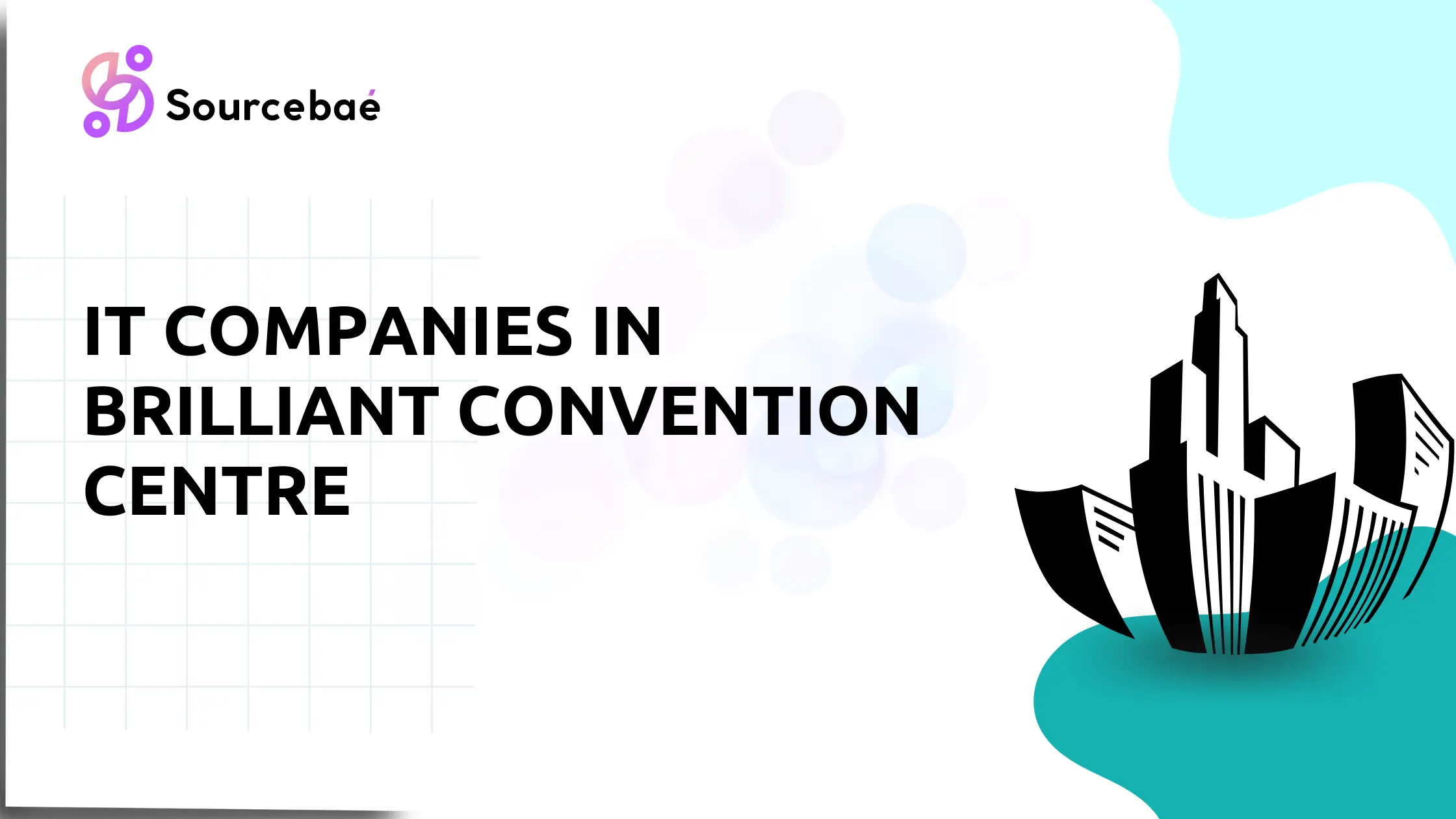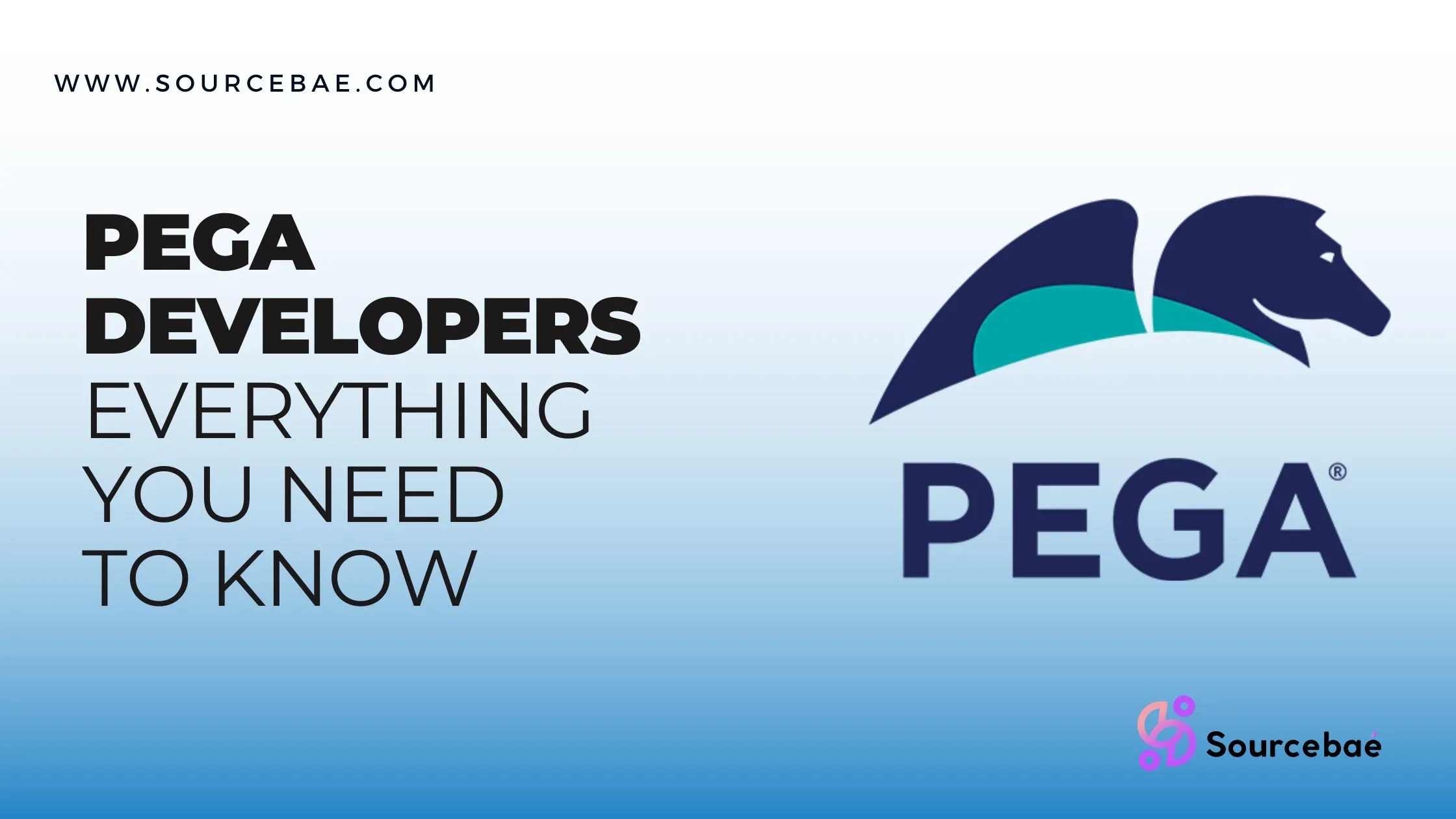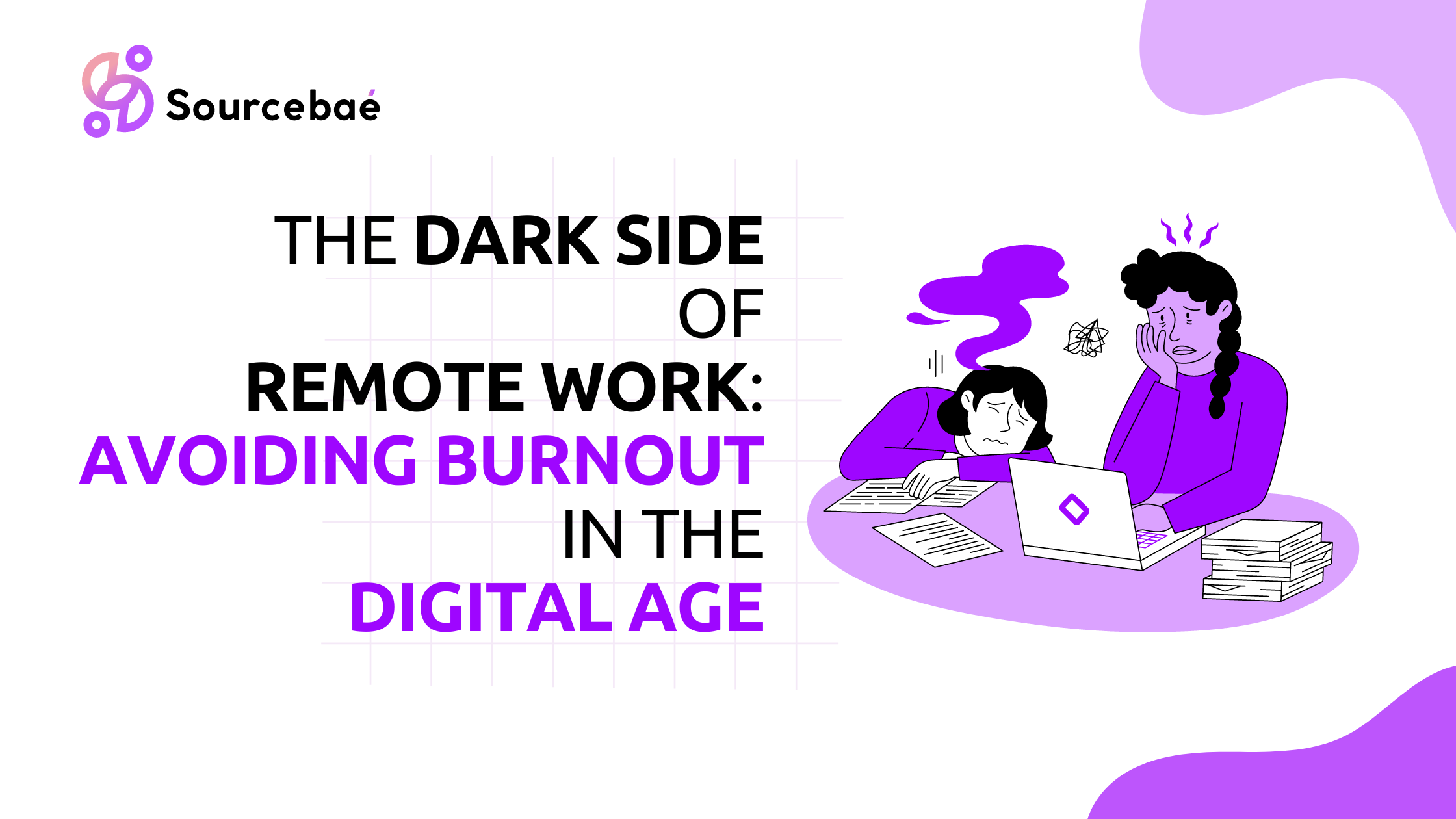5 Best Content Management Systems

5 Best Content Management Systems
In today’s digital landscape, a solid online presence is crucial for businesses and individuals alike. Creating and maintaining a website can be challenging, but with the right Content Management System (CMS), the process becomes a breeze. A CMS empowers you to effortlessly manage your website’s content, design, and functionality. In this article, we will explore the 5 Best Content Management Systems available, helping you make an informed decision for your web endeavors.
WordPress: Power and Flexibility Unleashed
WordPress is an immensely popular CMS that powers over 40% of all websites on the internet. Its user-friendly interface and vast plugin ecosystem make it highly adaptable to diverse needs. From personal blogs to e-commerce websites, WordPress can handle it all. With its SEO-friendly structure and seamless integration with social media, WordPress remains a top choice for beginners and seasoned developers alike.
Key Features:
-
- Easy-to-use interface with drag-and-drop functionality
- Extensive plugin library for added functionalities
- Responsive design options for mobile optimization
- SEO-ready architecture for improved visibility
- Robust security measures for data protection
Joomla: Versatility for Advanced Users
Joomla is renowned for its powerful capabilities and is a preferred choice for developers and tech-savvy users. Its flexible framework allows for intricate customization, making it ideal for complex websites and online applications. Joomla’s user management system enables collaborative content creation, making it a strong contender for community-based platforms.
Key Features:
-
- Advanced access control levels for users and administrators
- Multi-language support for global reach
- Extensive template options for personalized designs
- Built-in caching for optimized performance
- Seamless integration with third-party extensions
Drupal: Scalable and Secure for Enterprises
As a highly scalable CMS, Drupal is favored by large enterprises and organizations. Its robust security features and ability to handle massive volumes of content make it suitable for high-traffic websites. Drupal’s extensive API support allows for seamless integration with various applications and services, making it a versatile choice for businesses with complex requirements.
Key Features:
-
- Enterprise-level security with regular updates
- Scalable architecture to accommodate growing needs
- Custom content types for organized data management
- SEO-friendly URLs for improved search rankings
- Multilingual capabilities for global audiences
Wix: Simplified Website Building for Beginners
Wix stands out as an easy-to-use CMS, perfect for beginners or those with limited technical knowledge. Its intuitive drag-and-drop editor enables users to create visually stunning websites without any coding expertise. Wix also offers various pre-designed templates to suit different industries, making it a great option for small businesses and creative portfolios.
Key Features:
-
-
- Intuitive interface for effortless website creation
- Vast selection of templates for various industries
- Built-in SEO tools for better search engine rankings
- Mobile-responsive designs for optimal user experience
- E-commerce capabilities for online selling
-
Shopify: E-commerce Excellence Simplified
If you are looking to establish an online store quickly, Shopify is your go-to CMS. It specializes in e-commerce, providing a hassle-free platform for setting up and managing an online shop. With a range of customizable templates and secure payment gateways, Shopify empowers entrepreneurs to focus on their products and customer experience.
Key Features:
-
- Seamless integration with popular payment gateways
- Mobile-friendly storefront for on-the-go shopping
- Extensive app store for additional functionalities
- Robust inventory and order management
- 24/7 customer support for assistance
Frequently Asked Questions (FAQs)
What is a Content Management System (CMS)?
A CMS is a software application that allows users to create, manage, and publish digital content on the web without the need for technical expertise. It simplifies website management, enabling users to focus on content creation and user engagement.
Why is WordPress the most popular CMS?
WordPress’s popularity can be attributed to its user-friendly interface, extensive plugin library, and SEO-friendly architecture. It caters to both beginners and developers, making it a versatile and widely adopted choice.
Is Joomla suitable for beginners?
Joomla’s complexity may be overwhelming for beginners with no technical background. It is best suited for users with some coding knowledge or those looking to build intricate websites with advanced features.
Can Drupal handle high-traffic websites?
Yes, Drupal’s scalable architecture and robust security measures make it suitable for high-traffic websites and large enterprises. Its API support also allows seamless integration with various applications.
How does Wix compare to other CMS options?
Wix excels in its user-friendly interface and drag-and-drop editor, making it incredibly easy for beginners to create attractive websites. However, it may have limitations when compared to more complex CMS choices like Joomla and Drupal.
Is Shopify exclusively for e-commerce websites?
Yes, Shopify is primarily designed for e-commerce websites. It offers a wide range of features specifically tailored for online selling, making it an ideal choice for entrepreneurs and small businesses.
Conclusion
Selecting the right Content Management System is paramount to establishing a successful online presence. Each of the 5 Best Content Management Systems we explored in this article has its unique strengths, catering to different user needs. From WordPress’s versatility to Drupal’s scalability and Shopify’s e-commerce focus, there’s a CMS that aligns perfectly with your website requirements.
Ensure you thoroughly evaluate your objectives, technical expertise, and long-term goals before making your final decision. Whether you’re a beginner or a seasoned developer, the right CMS can streamline your website management and elevate your online presence.
Remember, your website is the digital face of your brand, and choosing the right CMS is a crucial step toward achieving your online success.
READ MORE: 5 Best Ways Tech Companies Can Hire the Best International Talent





